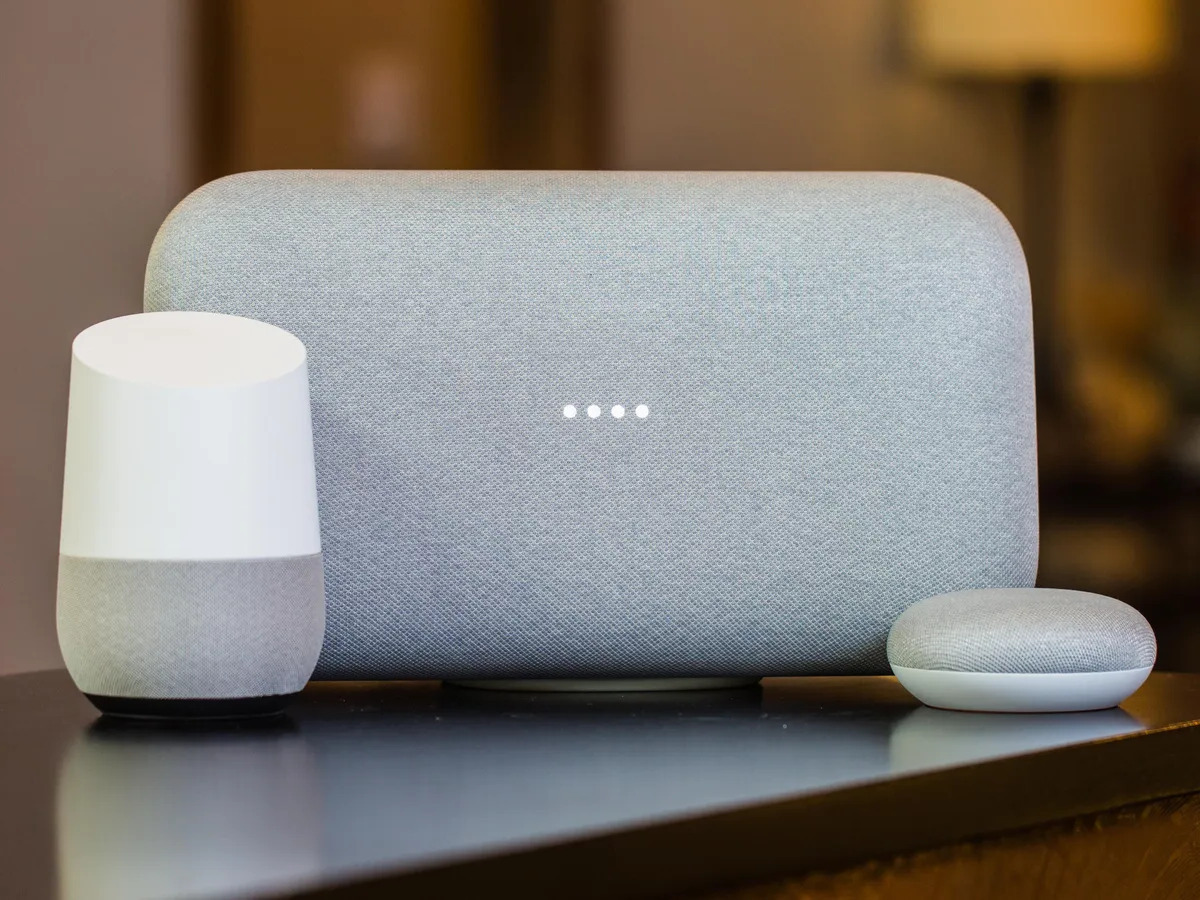
In today's fast-paced lifestyle, home assistants have become indispensable companions, seamlessly integrating into our daily routines. Home assistants are more than just gadgets; they're smart, intuitive, and incredibly versatile, making life easier and more enjoyable. From managing your calendar to controlling smart home devices, these digital helpers can do it all. But how much do you really know about them? This article unveils 17 intriguing facts about home assistants, shedding light on their capabilities, history, and how they're shaping the future of home automation. Whether you're a tech enthusiast or just curious about the technology that's becoming a staple in homes around the world, these insights will enhance your understanding and appreciation of home assistants.
What Are Home Assistants?
Home assistants, often referred to as smart assistants, are digital helpers designed to make life easier. They respond to voice commands, perform tasks, and can control various smart devices within your home. From setting reminders to managing your smart home gadgets, these assistants have become an integral part of many households.
- Amazon's Alexa, Google Assistant, and Apple's Siri are among the most popular home assistants available today. Each offers a unique set of features tailored to different user needs.
How Do Home Assistants Work?
At their core, home assistants rely on advanced technologies like voice recognition, natural language processing, and machine learning. This allows them to understand and process user commands, learning from interactions to improve over time.
- When you speak to a home assistant, your voice is converted into text that the device's software can understand. This process involves capturing the audio, sending it to a server where it's analyzed, and then receiving a command that the assistant executes.
The Evolution of Home Assistants
Home assistants have come a long way since their inception. Initially, their capabilities were limited to simple tasks like playing music or setting alarms. However, as technology advanced, so did their functionalities.
-
The first-ever voice-activated smart assistant was introduced by IBM in 1961, named "Shoebox." It could recognize spoken digits and mathematical symbols.
-
Fast forward to today, and modern home assistants can control your home's lighting, security systems, and even order groceries for you.
Privacy Concerns with Home Assistants
While home assistants offer convenience, they also raise privacy concerns. They are always listening for their wake word, which means they could potentially record private conversations.
- To address privacy concerns, manufacturers have implemented features that allow users to review and delete their voice recordings. Some devices also come with a physical mute button to disable the microphone.
The Future of Home Assistants
As technology continues to evolve, so will the capabilities of home assistants. They are expected to become more integrated into our daily lives, offering even more personalized and proactive assistance.
-
Future home assistants might predict your needs before you even express them, thanks to advancements in artificial intelligence and machine learning.
-
Integration with more devices and services is also on the horizon, making home assistants central hubs for managing all aspects of the smart home.
Home Assistants and Accessibility
One of the most significant benefits of home assistants is their ability to make technology more accessible to everyone, including those with disabilities.
-
Voice commands allow individuals with mobility issues to control their environment without the need for physical switches or controls.
-
For people with visual impairments, home assistants can read out text from screens, helping them navigate the internet and control smart devices.
Choosing the Right Home Assistant for You
With so many options available, selecting the right home assistant can be overwhelming. Consider your specific needs, the devices you already own, and your privacy preferences.
-
If privacy is a top concern for you, look for a home assistant that offers robust privacy controls and transparent policies on data usage.
-
Compatibility with other devices is crucial. Ensure the home assistant you choose can seamlessly integrate with your existing smart home gadgets.
-
Don't forget to consider the ecosystem you're already invested in. If you use a lot of Apple products, Siri might be the most convenient choice. Conversely, if you're an Android user, Google Assistant could offer better integration with your devices.
Home Assistants and Energy Efficiency
Smart home assistants can also play a significant role in making your home more energy-efficient.
-
By controlling smart thermostats, lights, and appliances, home assistants can help reduce energy consumption, saving you money on utility bills.
-
Scheduling features allow you to set specific times for heating, cooling, and lighting, ensuring that energy is not wasted when no one is home.
The Impact of Home Assistants on Daily Life
The introduction of home assistants has significantly changed how we interact with technology and manage our homes.
-
They offer hands-free control over a wide range of devices, making multitasking easier and more efficient.
-
Home assistants can also serve as personal assistants, setting reminders, managing calendars, and even sending messages on your behalf.
-
For families, they can create a more organized and connected home environment, helping manage schedules and facilitating communication among family members.
A Final Nod to Smart Companions
Smart home assistants have truly changed how we interact with technology, making daily tasks simpler and our homes smarter. From setting alarms to controlling lights, these digital helpers have become indispensable parts of many households. They're not just about convenience; they're about enhancing our quality of life, offering both security and entertainment. As technology advances, we can only expect them to get smarter, more intuitive, and even more integrated into our lives. Whether you're a tech-savvy individual looking to streamline your routine or someone who appreciates the little comforts of a connected home, smart assistants are here to stay. Remember, the key to making the most out of these devices lies in understanding their capabilities and setting them up to best suit your lifestyle. Here's to embracing the future, one voice command at a time!
Was this page helpful?
Our commitment to delivering trustworthy and engaging content is at the heart of what we do. Each fact on our site is contributed by real users like you, bringing a wealth of diverse insights and information. To ensure the highest standards of accuracy and reliability, our dedicated editors meticulously review each submission. This process guarantees that the facts we share are not only fascinating but also credible. Trust in our commitment to quality and authenticity as you explore and learn with us.


